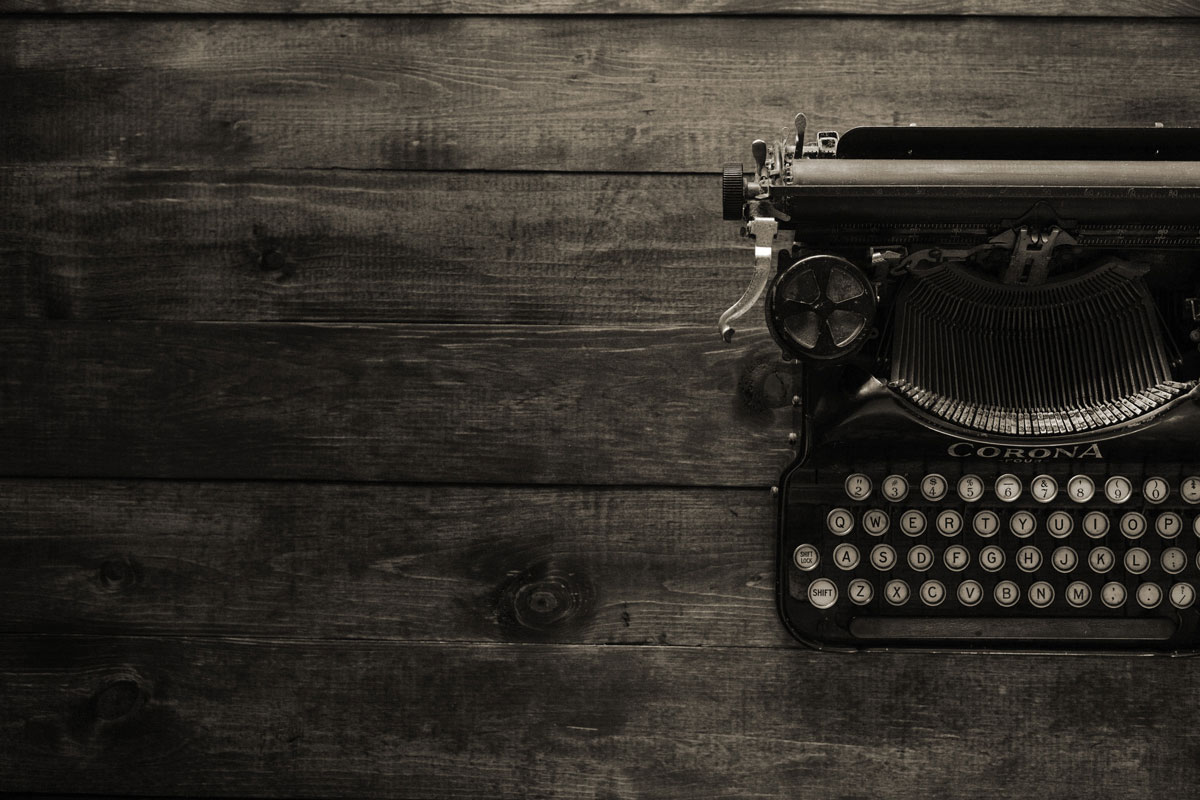Menu
Coronavirus and language
Nadja Plaßmann
Nadja Plaßmann likes short stories and long walks. She also enjoys putting down roots as much as she does spreading her wings. An Apostroph veteran, she has been correcting and proofreading texts for customers as well as writing her own since 2006.



